The Harriet ending reveals the abolitionist and former enslaved person would go on to lead troops in the Civil War and free hundreds of additional slaves. Based on the true story of Harriet Tubman, Harriet is about one of the most successful "conductors" of the Underground Railroad. Written and directed by Kasi Lemmons, Harriet features performances from Cynthia Erivo, Leslie Odom Jr., Janelle Monáe, and more. Harriet was nominated for two Academy Awards, both for Cynthia Erivo, including Best Performance by an Actress in a Leading Role and Best Achievement in Music for her song "Stand Up."
After the death of her owner, Edward Brodess (Edward Brodess), his son Gideon (Joe Alwyn) plans to sell Araminta "Minty" Ross, AKA Harriet Tubman (Cynthia Erivo), so she leaves her husband and flees to freedom in Philidelphia, Pennsylvania. Before long, she decides to return to Maryland to free her family and other slaves. After successfully bringing back multiple slaves from Maryland, Harriet is made a conductor on the Underground Railroad, liberating even more slaves and eventually leading black Union soldiers in a battle to free 750 slaves.
Harriet True Story Explained
How accurate is Harriet to the real-life history of Harriet Tubman?
Harriet Tubman was a real abolitionist and conductor for the Underground Railroad with an extensively documented history, and while Harriet takes a few creative liberties with her life story for the sake of dramatic tension and to fit it to a movie narrative, it's largely accurate to Tubman's true life story. The real-life Harriet Tubman is also known for making a 100-mile journey to freedom from Maryland to Pennsylvania and later returning for multiple trips to free approximately 70 more slaves as a part of the Underground Railroad.
Harriet served as a spy for the Union army and also led the raid at Combahee Ferry, freeing 750 more slaves.
During the Civil War, Harriet served as a spy for the Union army and also led the raid at Combahee Ferry, freeing 750 more slaves. The real-life Tubman was born Araminta Ross and later changed her name to Harriet Tubman, using her mother's first name and her husband's last name, although, while Harriet the movie has her choose the name after reaching freedom, in reality, she took the name after marrying her husband while she was still a slave. In real life, Harriet's husband tried to stop her from escaping, and she made multiple attempts.
The character of Gideon Brodess is entirely fictional and created to give Harriet a clear antagonist.
The first time she left, her brothers went with her, but they got cold feet and went back to the plantation. Tubman's second escape attempt is more similar to the movie, including the depiction of her singing "I'm bound for the promised land." Harriet Tubman's owner was Edward Brodess, whose wife Eliza started selling their slaves after Edward's death, prompting Harriet to flee, just like in Harriet, although the character of Gideon Brodess is entirely fictional and created to give Harriet a clear antagonist.
The movie also condenses the timeline to maintain narrative tension, but it real life, Harriet ran 13 separate missions over the course of more than a decade before the start of the Civil War.
Did Harriet Really Hear the Voice of God?
Was God protecting her and telling her where to go, or was it brain damage?
When she was a child, Harriet was struck in the head by a heavy metal weight, after which she would have "spells" including visions of things that would happen in the future. During her expeditions to free slaves, Harriet would pray and say she could hear the voice of God guiding her along the way. This is all consistent with the true story of Harriet Tubman, who was devoutly Christian. According to a real-life quote from abolitionist Thomas Garrett (played by Tim Guinee in Harriet):
"I never met with any person of any color who had more confidence in the voice of God, as spoken direct to her soul.”
In Harriet, Tubman's visions often occur during her epileptic spells, and William Still (Leslie Odom Jr.) writes down that she may suffer from brain damage after she tells him about the voices, and while nobody in the movie directly challenges her ability to hear the voice of God, it's clearly inferred that the visions and voice are a result of the traumatic brain injury she received as a child. Nevertheless, Harriet follows the instructions she believes are coming from God, and it helps her avoid capture on multiple occasions.
Obviously, there's no way to prove what Harriet was or wasn't hearing in real life, but according to Harriet's own testimony, it was the voice of God, and others who worked with her at the time believed it. She didn't only rely on her religion for her own guidance, but also for others as well. As depicted in Harriet, she would sing spirituals as a way of passing hidden messages to other slaves to guide them on their journey.
Why Did Everyone Think Harriet Was Moses?
Harriet had a bigger connection to Moses than the movie revealed.
After Harriet began freeing slaves, people started referring to her as "Moses," and many of the slave owners in the area are convinced she's actually a white man, but where did the name Moses actually come from? When Harriet starts freeing slaves, she's shown singing a spiritual "Go Down Moses" which is a reference to the Biblical story of Moses who led the Hebrew people out of slavery in Egypt to the Promised Land. Since Harriet was also leading slaves out of bondage, the name is only fitting.

Related
Cynthia Erivo's 10 Best Movies & TV Shows, According To IMDb
What are the best movies and TV shows starring Cynthia Erivo? Let's look at the highest-rated titles on IMDb.
The Moses alias is also historically accurate. In real life, she was given the nickname due to the association with the Biblical Moses as well as the song "Go Down Moses," which is one of the songs she'd sing to deliver coded messages to other escaping slaves to guide them on their route. Additionally, the real-life Harriet also had an additional connection to the name, since one of her brothers - who wasn't included in the movie Harriet - was named Moses.
Why Didn't Harriet Kill Gideon
Was Harriet showing Gideon mercy?
At the end of Harriet, Gideon kills Bigger Long and chases Harriet down, but she gets the drop on him, shooting his hand with her pistol and forcing him to surrender. Initially, Harriet looks like she's going to shoot Gideon, but instead she says "you gonna die right here. On a freezing, blood-soaked battlefield." Harriet is predicting the bloodbath of the Civil War, and while we don't see Gideon's fate, and he's not a real historical person, he's a metaphorical stand-in for all the other slave owners, who Harriet says will die "for the sin of slavery."
The movie ends with her leading soldiers to free hundreds of additional black slaves
As Harriet says this, voices and noises of a battlefield swirl around her, implying she's delivering another vision from God. She says "God has shown me the future and my people are free." Harriet doesn't confirm whether Gideon met the fate Harriet prophesied, but the movie ends with her leading soldiers to free hundreds of additional black slaves, winning their freedom just as she predicted.
The Real Meaning Of The Harriet Ending
Harriet Tumban Was A Real-Life Superhero
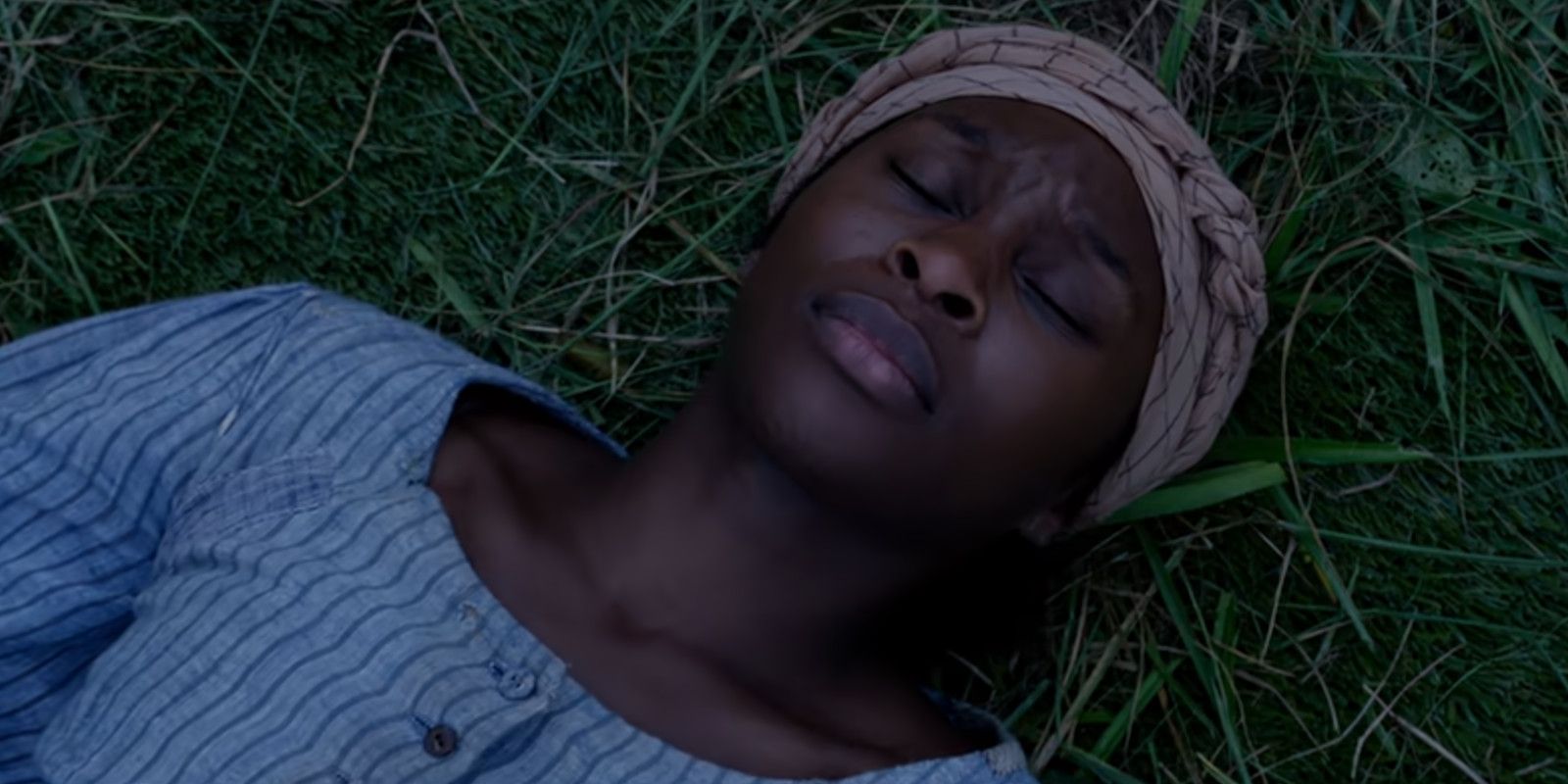
The biggest controversy about Harriet was based on her "visions," hearing the "voice of God," and the idea that she could "see the future." Many fans complained that it made her more of a superhero than the real-life warrior that she was. However, that is really what the real meaning of the Harriet ending was letting on. While the visions and speaking to God might have been in her head, it was still what motivated her to fight forward and use her intuition to do what needed to be done to free her fellow enslaved individuals.
Harriet Tubman wasn't a "superhero" but she was a hero to the people she rescued. The real-life Harriet believed she was seeing visions of the future and that God was speaking to her. It was important for the movie to show what she believed to be her truth, and in that moment, she became the warrior that the people needed to free them and set the course for the war that would eventually see all enslaved people freed. Harriet Tubman was a real-life superhero in an era that needed one desperately.
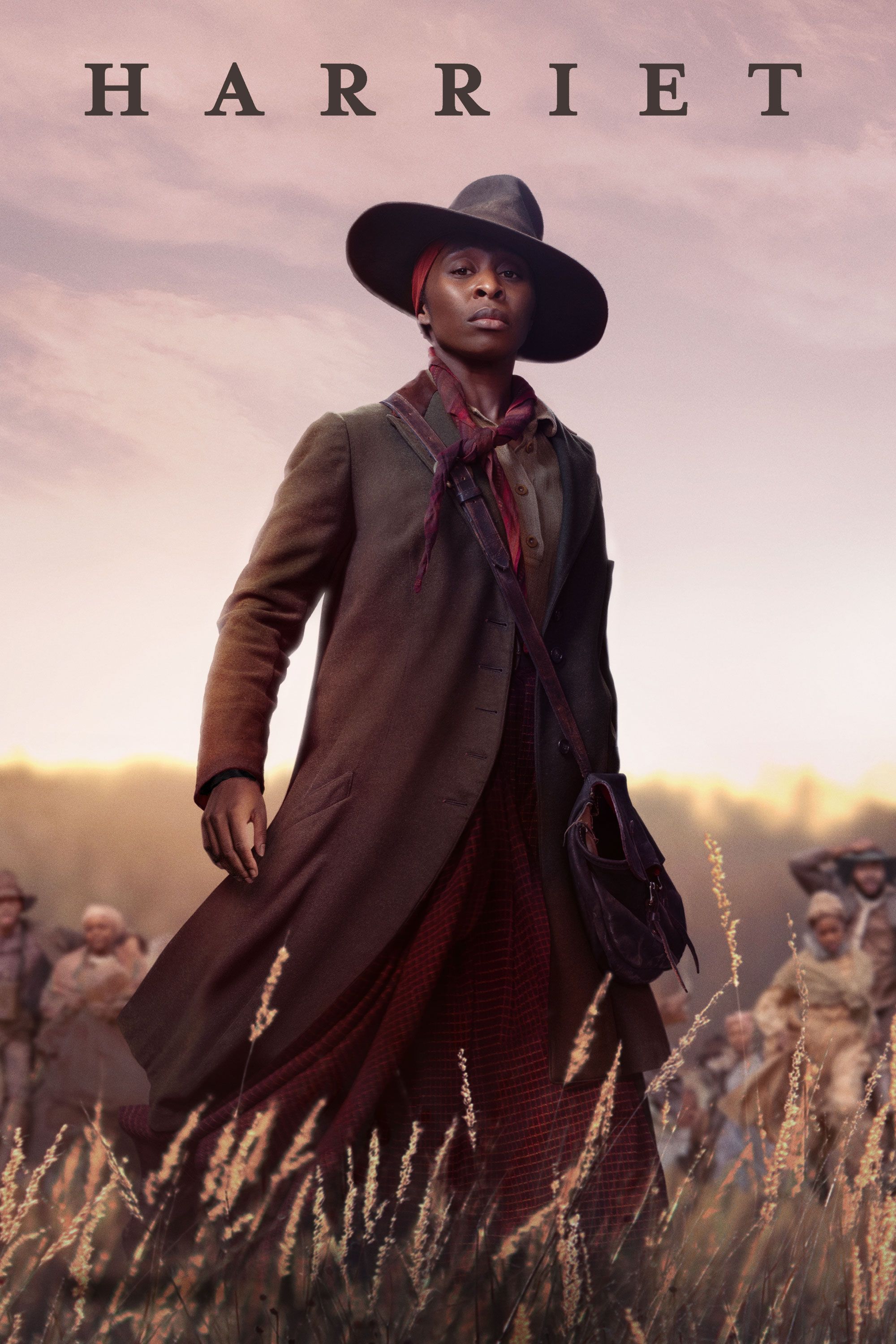
Harriet is a 2019 biographical film about the life of former slave and abolitionist Harriet Tubman, who personally helped more than 70 slaves escape to freedom via the Underground Railroad. The movie was directed by Kasi Lemmons, who also wrote the screenplay along with Gregory Allen Howard. Harriet stars Cynthia Erivo in the title role, with Leslie Odom Jr., Joe Alwyn, and Janelle Monáe in supporting roles.
Director Kasi Lemmons
Release Date November 1, 2019
Distributor(s) Focus Features
Cast Joe Alwyn , Tory Kittles , Vondie Curtis-Hall , Cynthia Erivo , Vanessa Bell Calloway , Antonio J. Bell , Deborah Ayorinde , Leslie Odom Jr. , Jennifer Nettles , Tim Guinee , Zackary Momoh , Janelle Monae , Omar Dorsey , Clarke Peters , Henry Hunter Hall
Runtime 125 minutes

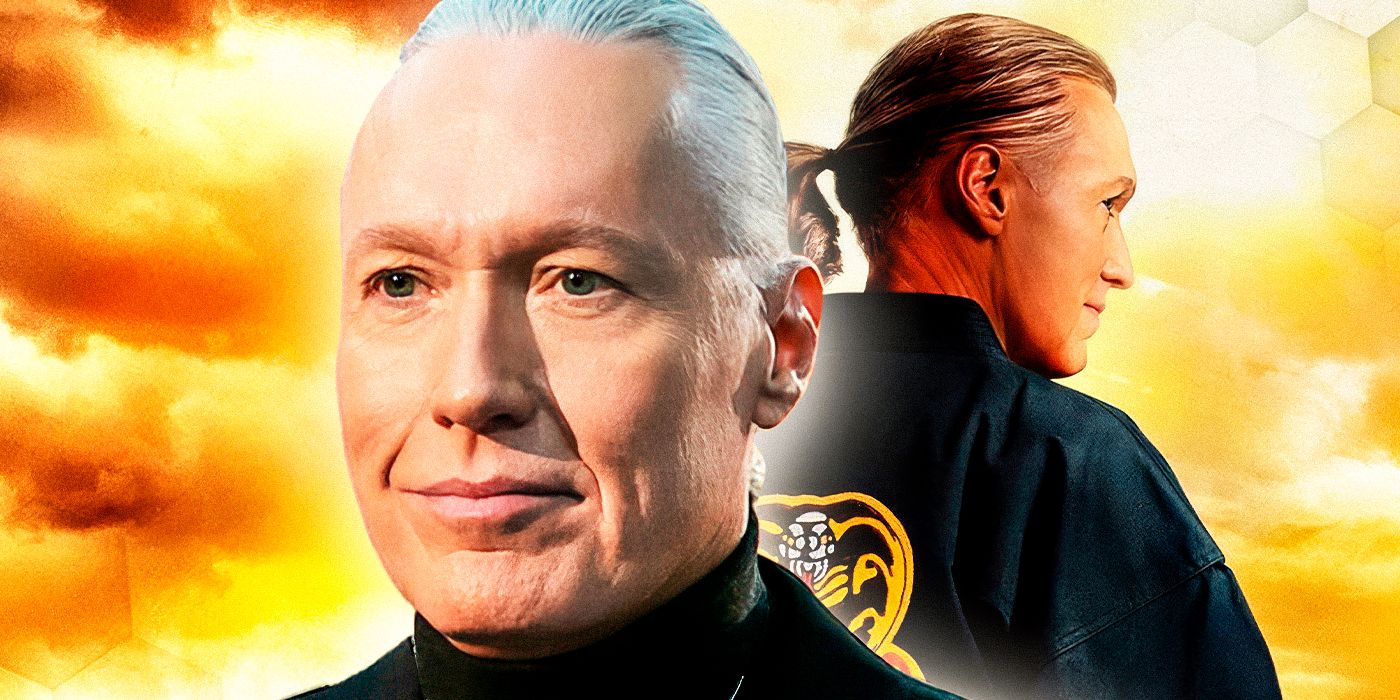
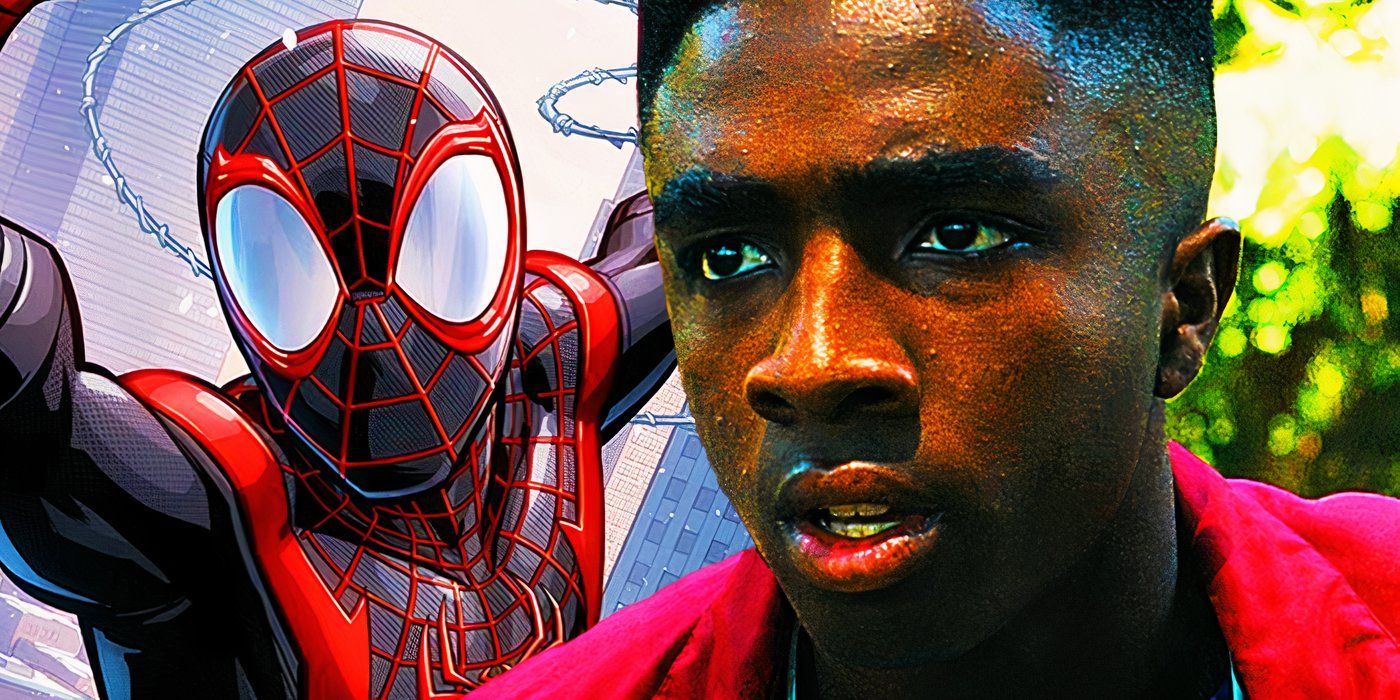
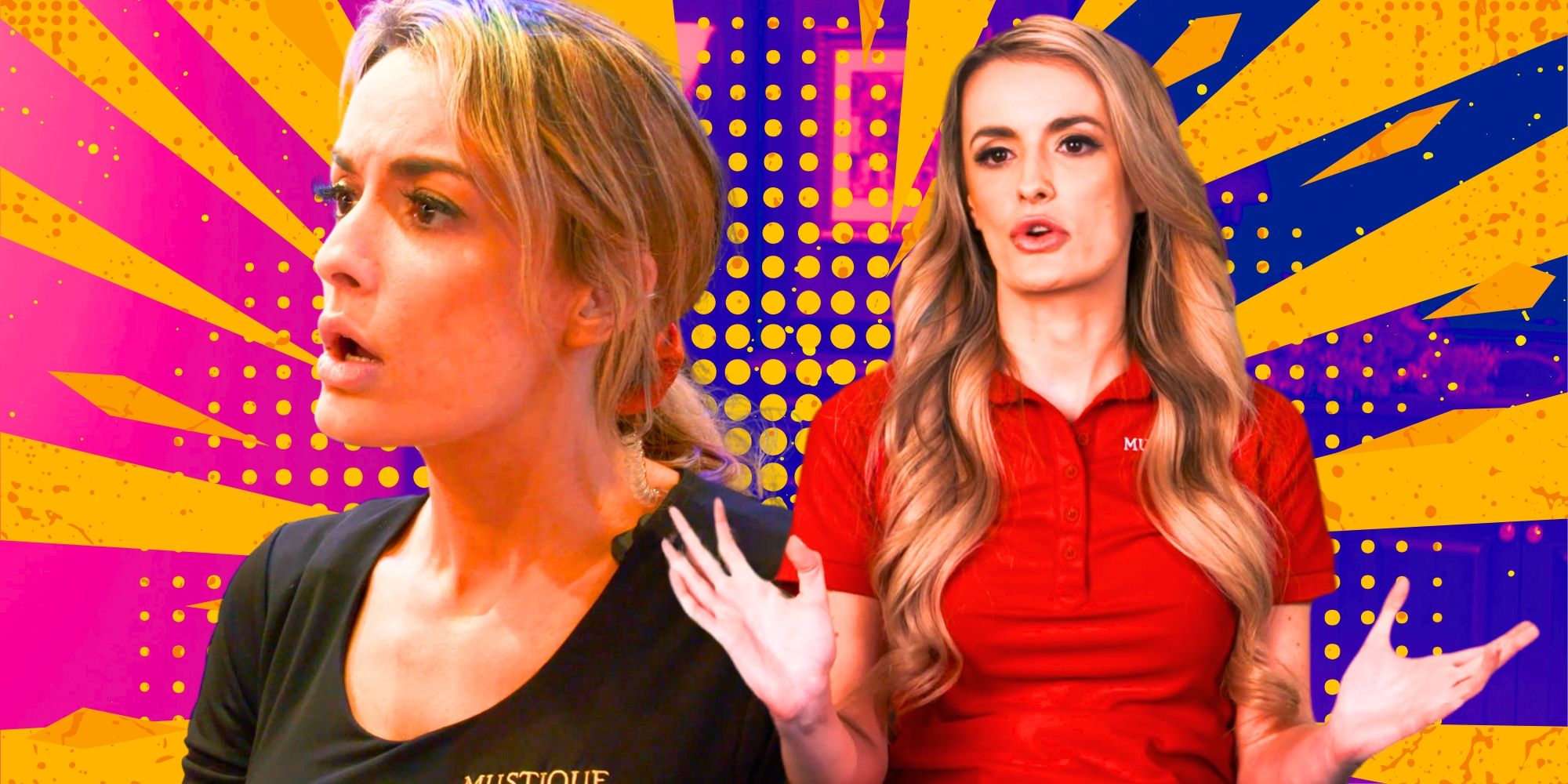


:quality(85):upscale()/2023/03/13/840/n/1922794/a144765f640f75218ce2b5.24945169_.webp)

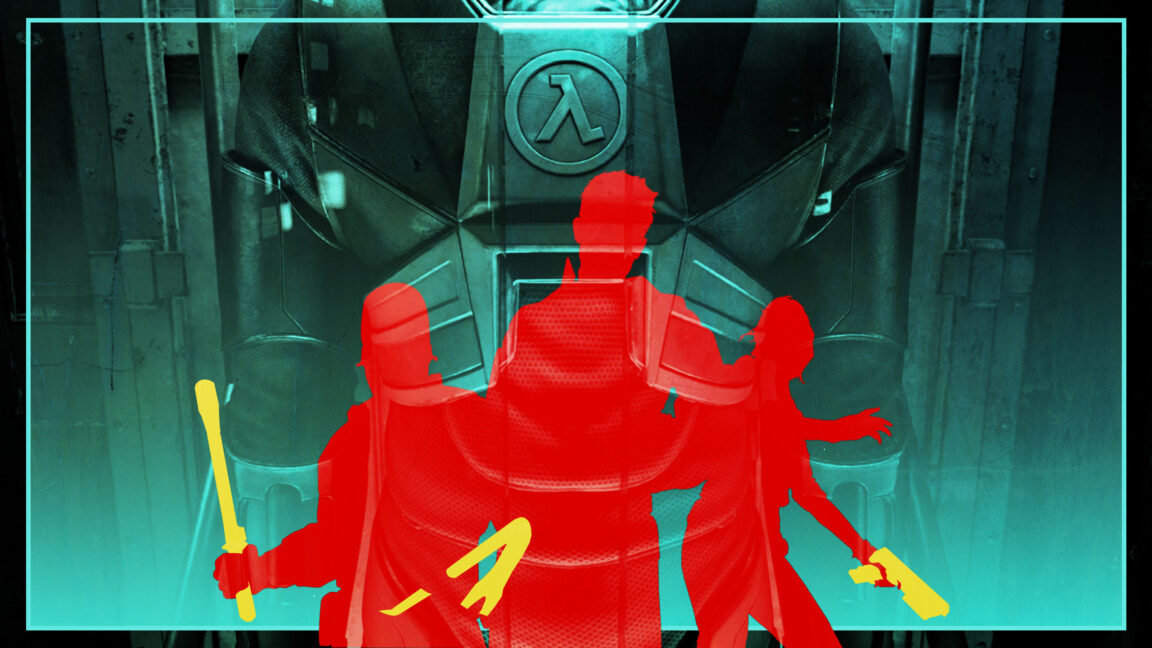
 English (US) ·
English (US) ·